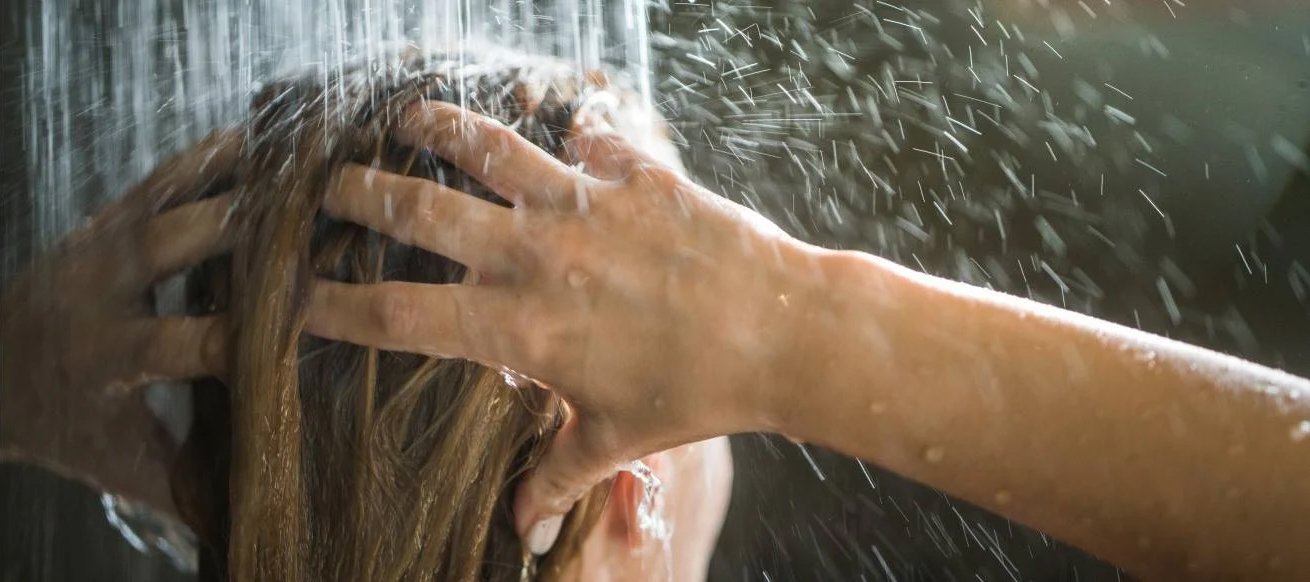Every drop counts
Every step is valuable
We're committed to respecting the beauty of our planet
Our goal is to offer everyone the best in beauty. A beauty that makes an impression and leaves a positive impact. That's why we take action now! Together with you, we can make an even bigger difference. Are you in?
At L’Oréal, water, as an essential component in creating and using our products, is central to our business. Our ability to operate effectively and meet all the needs of our consumers depends on sustainable water access, management and conservation. That is why L’Oréal has committed for years to ensure contribution to high water quality and sustainable water quantity across all its value chain, and throughout the watersheds and communities we serve and operate in. Product innovation will play a vital role in our efforts to conserve this valuable resource.
Enabling consumers to reduce water use linked to our products
DID YOU KNOW?
70% of a shampoo’s carbon footprint is linked to its use, as a result of the water needed to rinse it off and the energy used to heat that water. That is why we are implementing several initiatives to curb the water consumption and carbon emissions related to our products:
- We are developing products that require little or no rinsing, such as Garnier’s Fructis dry shampoos and its Ultimate Blends No Rinse Conditioners, saving up to 100 litres of water per tube,compared with 200 ml for Rinse Off Conditioners.
- Pursuing innovations like the L’Oréal Water Saver showerhead, developed in partnership with startup Gjosa, which can reduce water use in hair salons by up to 65%.
- Raising consumer awareness to encourage people to save water through initiatives like our #EveryDropCounts campaign reminding people to turn off the water while shampooing or washing their face!
Learn more about how L'Oréal is managing water sustainably

Our targets
-25%
By 2030, we will innovate to enable our consumers to reduce the CO2 emissions AND water consumption resulting from the use of our products by 25% compared to 2016, on average and per finished product.
100%
By 2030, 100% of the water used in our industrial processes will be recycled and reused in a loop.
100%
By 2025, all of our sites will have achieved carbon neutrality by improving energy efficiency and using 100% renewable energy.
100%
By 2030, we will evaluate all our formulas thanks to our environmental test platform, to guarantee they are respectful of all aquatic ecosystems, whether continental or coastal.
100%
In 2030, all our strategic suppliers will use water sustainably in the areas where they operate.
What we've achieved so far
-53%
We’ve reduced the amount of water used in our plants and distribution centers by 53% compared to 2005, per finished product.
6
Six of our factories are ”Waterloo factories”, meaning that all the industrial water is retreated, recycled and reused in a loop.
-87%
Since 2005 we’ve reduced the CO2 emissions of our plants and distribution centers by 87% in absolute terms compared to 2005, whilst production volume increased by 37% over the same period.
100
At the end of 2021, L’Oréal had 100 carbon neutral sites (using 100% renewable energy), including 25 factories.
How can I take action?
Turn off the shower between shampoos!
2 min shorter shower can save 24 litres of water. If you do this once a week for a year, you will save the equivalent of approximately 4160 drinking glasses of water.
Turn off the tap when cleansing your face!
Having the tap turned off for 3 minutes can save 4 litres of water. If you do this everyday for a year You will save the equivalent amount of water needed to brew approximately 11,648 cups of coffee.
Shower a little colder!
Lowering the temperature by 2 degrees can save the equivalent amount of energy needed to charge a smartphone for 22 hours.
Lower the temperature when cleansing your face!
Lowering the temperature by 2 degrees can save the equivalent amount of energy needed to use a hair straightener for 3 hours.
Why should I save water?
Rising demand - Water is a finite resource having to serve exponentially more people and usages, and so ensuring everyone has access to a reliable supply is crucial to human survival and sustainable progress.